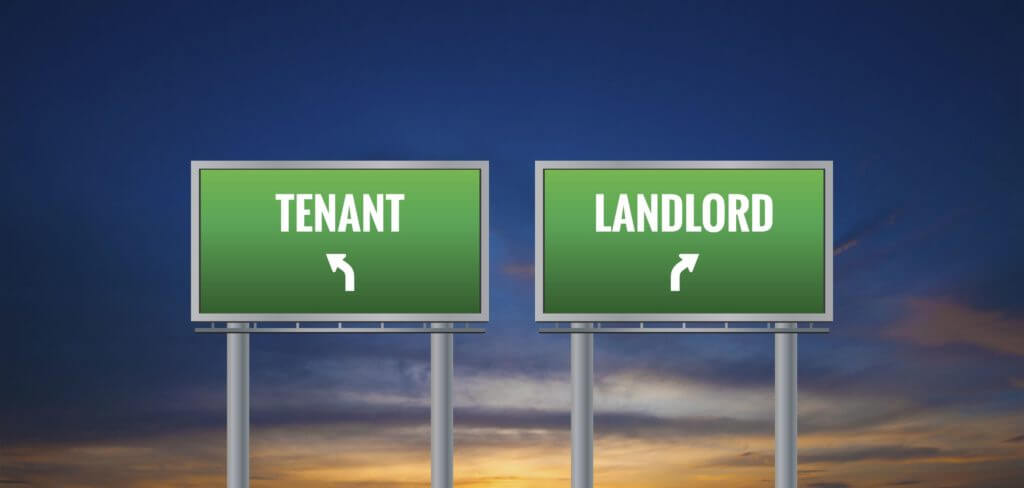December 17, 2020
On December 14, 2020, Nevada Governor Steve Sisolak signed and issued Emergency Directive 036 which implements a moratorium on residential evictions in Nevada through March 31, 2021.
This moratorium applied to tenants unable to pay rent due to circumstances related to COVID-19, but does not prohibit certain evictions, including, for example, “evictions based on breaches of a lease for unlawful activity or nuisance.”
Thus, while the federal eviction moratorium order issued by the Center for Disease Control (CDC) is due to expire on December 31, 2020, Nevada has extended the eviction moratorium within the state to March 31, 2021.
In issuing the Order, the Governor said that “[w]hen people are evicted, it is impossible to stay home…[t]hey are out looking for jobs and housing to desperately save their families…[t]hey will spread COVID-19 unintentionally, because they have no options.”
Faced with this extended moratorium on evictions, many landlords, property managers, owners of residential properties for lease or rent, or other agents acting on behalf of landlords are faced with significant legal hurdles and potential economic burdens, particularly when their tenants are unable to make their rent or lease payments due to COVID-19.
Many landlords or property owners may have their own mortgage payments which are paid in whole or in part by anticipated rent or lease payments of their tenants.
Others may have potential tenants who are willing and able to pay rent or make lease payments on their occupied properties but find themselves reluctant to or unable to lease premises occupied non-paying tenants because of the extended moratorium. Thus, it is important for affected landlords and property owners to understand their rights and remedies under the law during this pandemic.
REQUIRING NON-PAYING TENANTS TO SUBMIT “COVERED PERSON DECLARATION”

The Emergency Directive provides some guidance to landlords by defining “Covered Person(s)” as tenant(s) who:
- Is unable, due to circumstances related to the COVID-19 pandemic, to pay the full rent due to substantial loss of household income, significant loss of compensable hours of work or wages, a lay-off, or extraordinary out-of-pocket medical expenses;
- Is likely to become homeless or be forced to move into a congregate or shared living situation if evicted; and
- The individual:
- Expects to earn no more than $99,000 in annual income for Calendar Year 2020 (or no more than $198,000 if filing a joint tax return);
- Was not required to report any income in 2019 to the U.S. Internal Revenue Service or
- Received an Economic Impact Payment (stimulus check) pursuant to Section 2201 of the CARES Act.
Accordingly, those non-paying tenants who do not meet the above criteria, are not “covered person(s)” and the moratorium on eviction would not apply to such non-paying tenants.
To ensure that their current, non-paying tenants are “covered person(s),” the Directive further provides that if a tenant satisfies the above criteria, the tenant can seek protections of the Directive by “providing the landlord with an affidavit or declaration swearing under penalty of perjury that the tenant meets each of the criteria” of “Covered Person.”
In the absence of such affidavit or declaration the landlord or property owner can assume that the non-paying tenant is not a “covered person” subject to the eviction moratorium extension.
The Directive does not prevent a landlord or property owner from commencing eviction proceedings with the Court, but provides that any lawsuit for eviction filed in Court shall be “stayed until after the expiration of the Directive (March 31, 2020), or the evidence shows that the tenant previously presented to the landlord, a Covered Person Declaration.”
LANDLORD’S CHALLENGE TO TENANT’S ELIGIBILITY AS “COVERED PERSON” UNDER MORATORIUM

Section 5 of the Directive provides that “[a] landlord may challenge the tenant’s eligibility by providing notice required for the Covered Eviction pursuant to NRS 40.280, along with notice to the tenant that the landlord is challenging the tenant’s Covered Person Declaration.” Under Nevada law, this eviction notice “must be served by the sheriff, a constable, a person who is licensed as a process server or agent of an attorney licensed to practice” in Nevada.
The non-paying tenant is then allowed to “re-establish eligibility to be a Covered Person by presenting any evidence supporting his or her eligibility by including or attaching it to (1) tenant’s sworn declaration or affidavit contesting the notice of eviction; (2) testimony at any hearing or appearance in court, or (3) by any other manner authorized by the court.”
LEGAL REQUIREMENTS FOR LANDLORD’S COMPLAINT
The Directive sets forth certain requirements that must be included in a Landlord’s Complaint for Eviction, or if an eviction proceeding is already pending, an appropriate motion or request, must include (1) A copy of the tenant’s Covered Person Declaration; and (2) Evidence which demonstrates that the tenant does not meet one or more of the criteria of a “Covered Person.”
CAUTION TO LANDLORD’S WITH EVICTION PROCEEDINGS
A landlord challenge to a Covered Person Declaration “may be deemed frivolous if the landlord files the complaint without a good-faith basis to believe that the tenant does not meet the criteria” of a “Covered Person” or “files a complaint without supporting evidence.”
In addition, “[t]he court may sanction landlords filing frivolous challenges.” As such, any court filing should include a statement that the landlord or property owner has a “good-faith” basis for filing the proceedings and set forth the reasons to support this good-faith belief.
SEEKING EXEMPTION FROM EMERGENCY DIRECTIVE BASED ON RISK OF FORCLOSURE OF PROPERTY
A landlord or property owner “may seek an exemption from (the) Directive by providing notice required for the Covered Eviction pursuant to NRS 40.280, along with a notice to the tenant that the landlord is seeking an exemption due to risk of foreclosure.”
A landlord may request an exemption by filing a complaint with the appropriate court, including, evidence that the landlord “faces a realistic threat that the leased property will be foreclosed upon before expiration of (the) Directive, and “the action is exempt from (the) Directive.”
NO WAIVER OF LATE FEES, INTEREST OR OBLIGATION TO PAY RENT
It is important for all landlords and property owners to know that the Directive does not relieve “any individual of any contractual obligation to pay rent,” nor does the Directive “waive() any applicable late fees, interest, or penalties, or other obligation that an individual may have” under a lease or rental agreement. Therefore, the landlord can continue to assess all permissible late fees and interest on an accrued basis and provide a bill to the tenant for the same.

